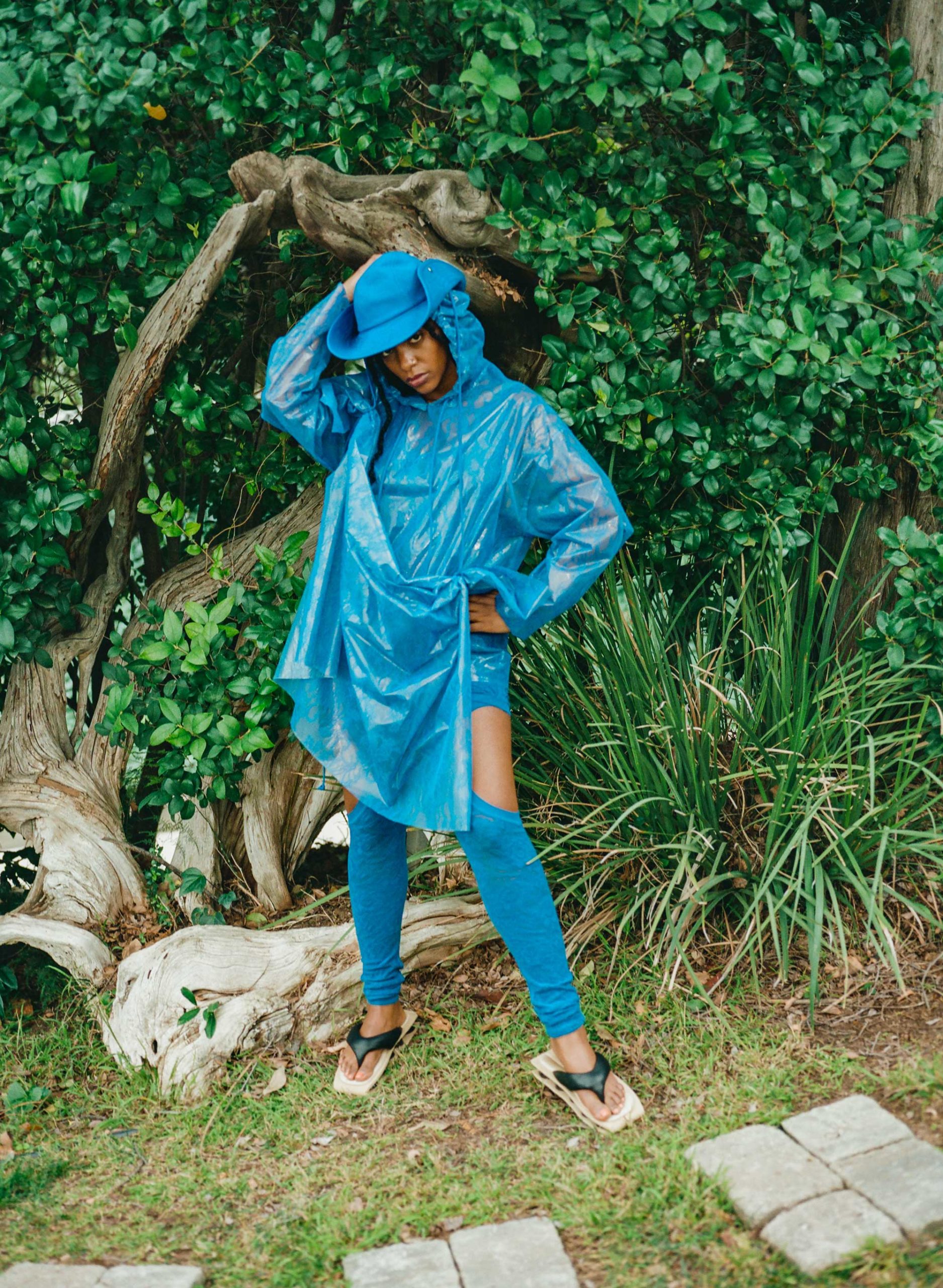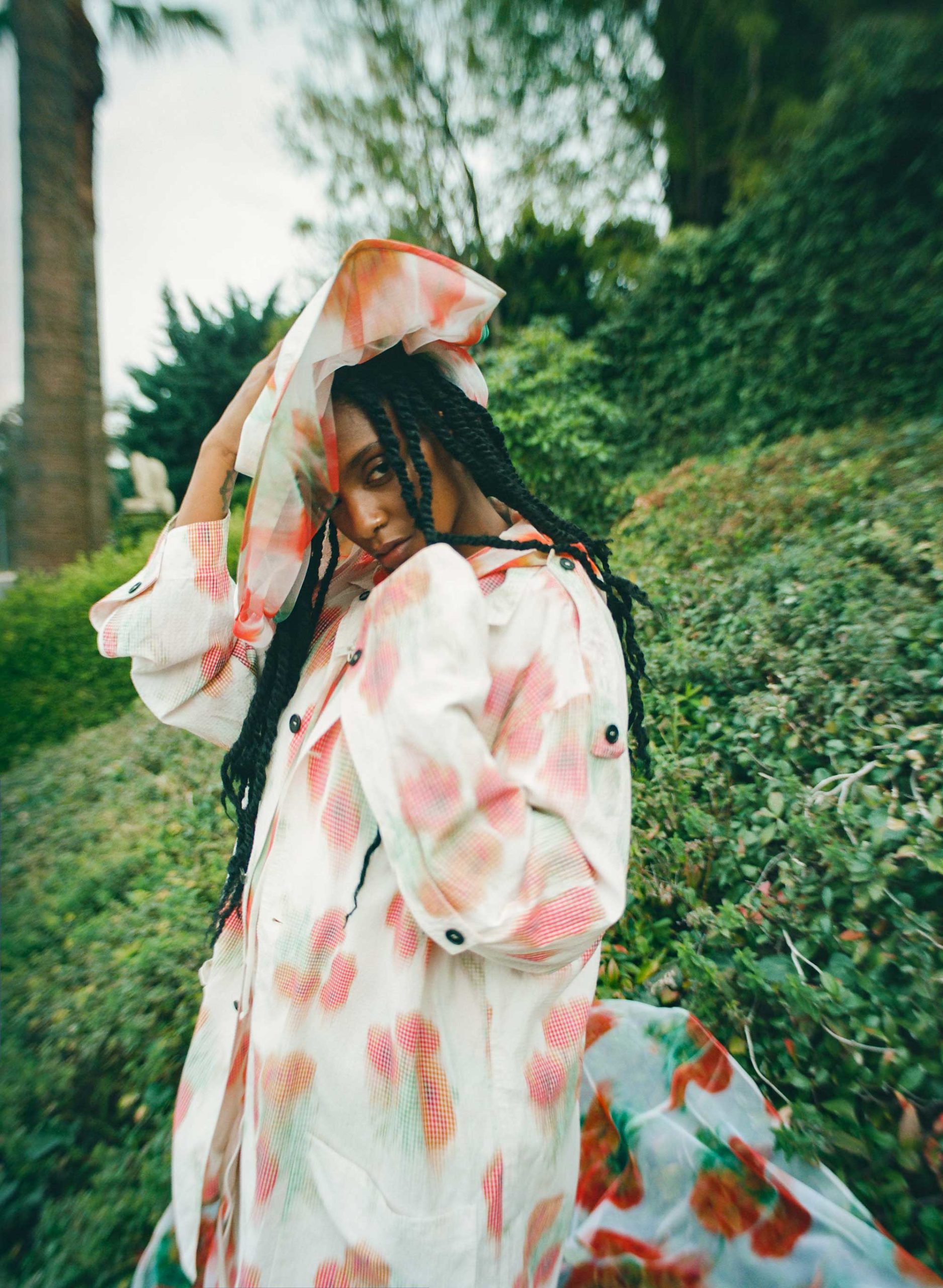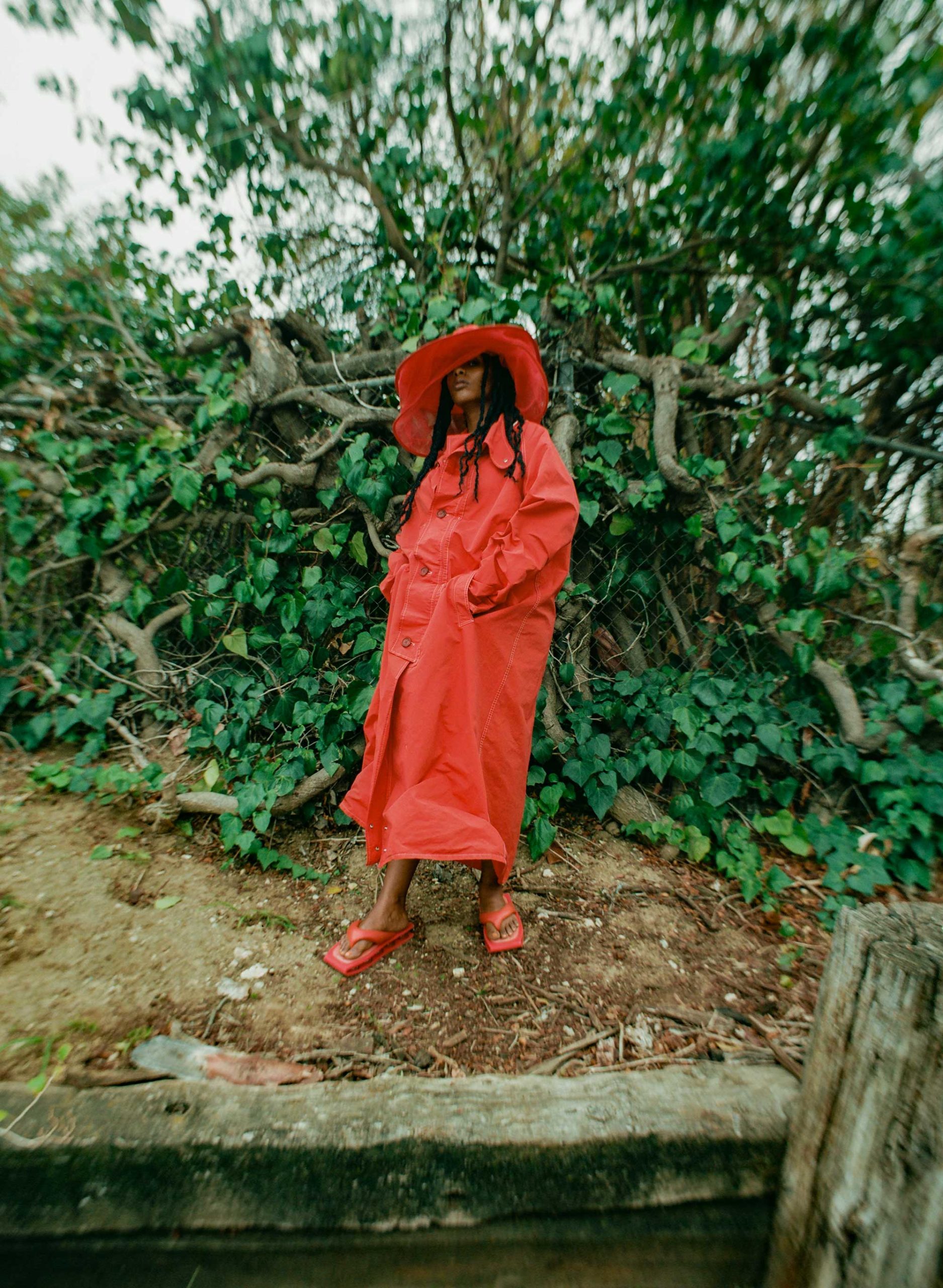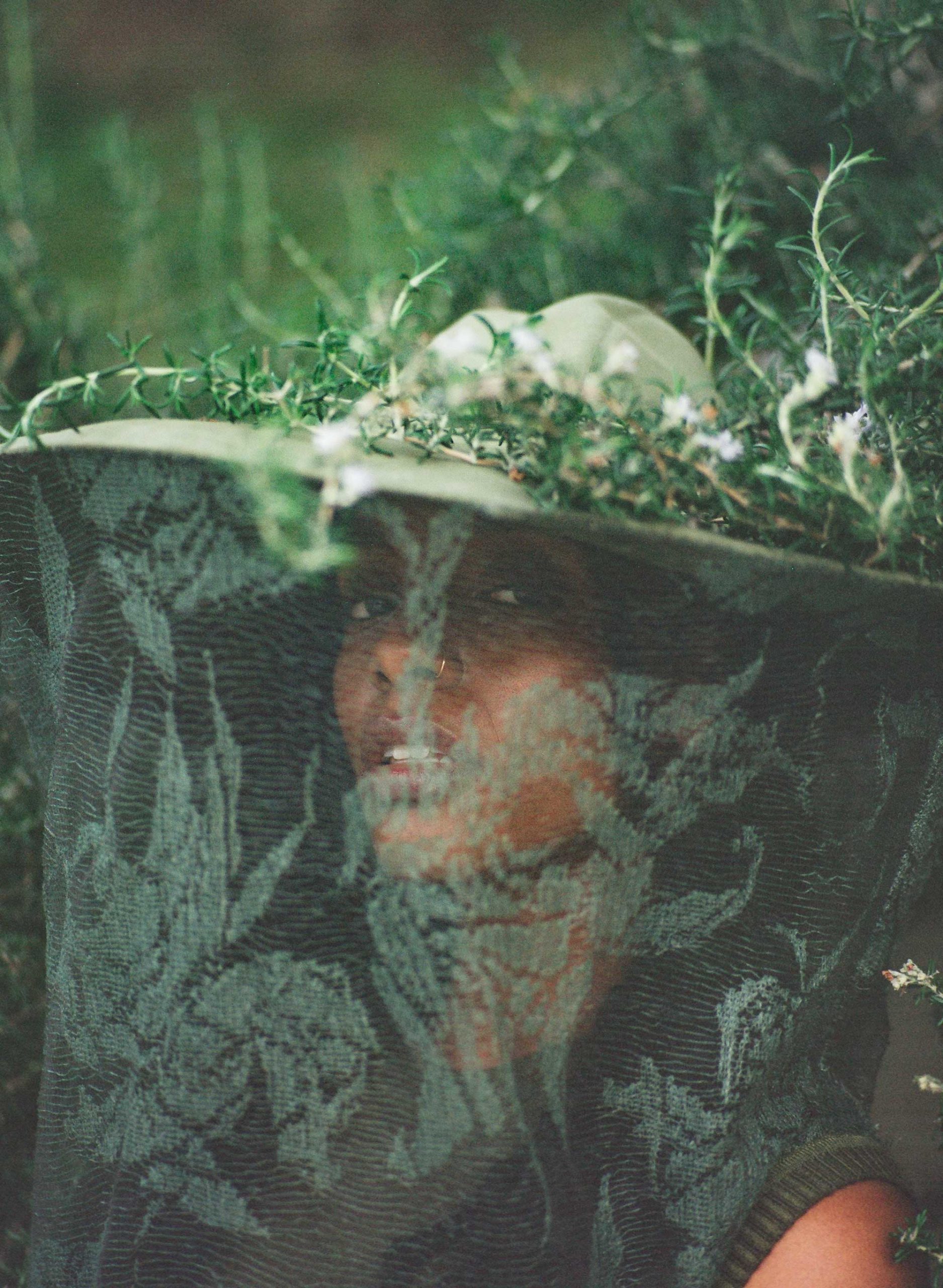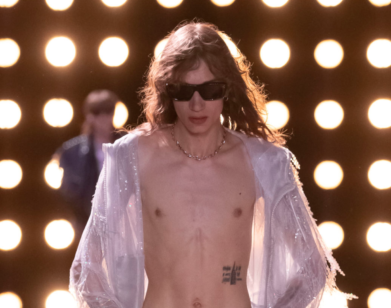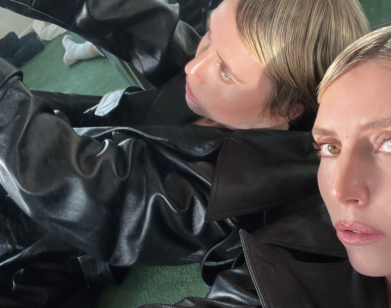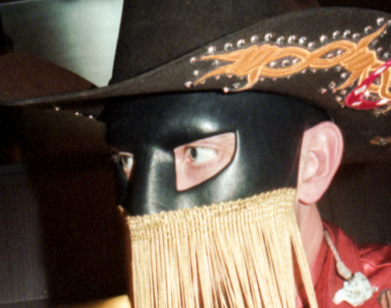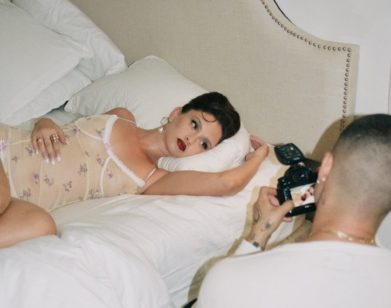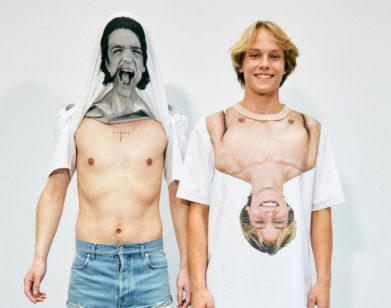in conversation
Mereba and Vince Staples on Directions, Journeys, and Turning Points
Ever since she was a young girl, Marian Mereba has made sense of the world through music. As the singer, songwriter, and producer known solely as Mereba, she crafts soundscapes that borrow from a wide range of influences, from Lauryn Hill to Joni Mitchell to Stevie Wonder. It was the latter who became a mentor to the Alabama native as she transitioned from her independent roots, working with the Atlanta collective Spillage Village, to her major-label debut, 2019’s The Jungle Is the Only Way Out. When the world came to a standstill last year, Mereba, who spent her youth moving around the country with her parents, before staying a year in her father’s native Ethiopia, became unmoored by the sudden inertia. So she wrote. The result is her new album, Azeb, which marks a furthering of her eclectic sound. Mereba recently spoke to the rapper Vince Staples, with whom she collaborated on the song “Yo Love” from the Queen & Slim soundtrack, to discuss directions, journeys, and turning points.
———
VINCE STAPLES: First off, how are you feeling?
MEREBA: I’m feeling good. I’m taking life slow in a new kind of way. But it’s definitely bittersweet, thinking about the things I miss, and the things I’m grateful for.
STAPLES: What is the most important thing you learned from the slowdown?
MEREBA: It’s almost as if there’s a childlike wonder that’s come back to some very simple things, like going on walks, just looking around and taking in what I see. Learning how to cook, which was not a priority for many years. I feel like my mind was always onto the next thing.
STAPLES: I read that you were born in Alabama, went from Pennsylvania to North Carolina, then went to school in Pittsburgh and Atlanta, and spent some time in Ethiopia, too. Do you think all that jumping around contributed to your having trouble staying in the moment?
MEREBA: Yeah, I feel like my defense mechanism was being prepared all the time for things to change, so that it wouldn’t be as disorienting when it actually did. I never really let myself settle into one place, because I always felt like it might be pulled out from under me.
STAPLES: I can relate to that.
MEREBA: I think that constant quest for what’s next and new can be used positively when you’re creative. It helps you imagine new worlds, new sounds, new ways to express what’s on your mind and in your heart. But it can also become its own prison, in a way, because presence breeds an interesting part of creativity. You observe the most universal, simple things about life when you’re present versus when you’re thinking ahead. Last year, I was really shook at first. I didn’t know what to write about because I was just in my house. Usually I write about the restlessness and the discomfort, and as I settled in, I didn’t know how that was going to manifest into music. But the music I have been writing is so much more focused on what’s right in front of me. There’s still a lot of stuff about what was going on in the world and how things are changing, but it’s really personal and present. And I can dig that.
STAPLES: You work with a lot of people from the Spillage [Village musical collective] days, but you’ve done work with CyHi da Prince and Rapsody as well. And you have a relationship with Stevie Wonder, which is crazy. You’ve probably learned so much from working with such great people.
MEREBA: Definitely. It’s been such an honor to be sharpened by all the people I’ve gotten to work with, including you. Stevie Wonder becoming my mentor changed my life. He encouraged me to get more personal with my art and to produce my own music, which I had been dabbling in, but didn’t have full confidence in until I played him my stuff. He was like, “You need to go in this direction. This is what the world needs: honest, pure music just pouring out of someone.” He told me about when he was really young and signed to Motown. Other people were writing his songs and he was discouraged from making his own because they were like, “We have this whole staff of people to write for you.” And he told me, “I didn’t listen. I just pushed past people’s opinions about what I should do with my art. And that’s what you need to do right now.” A lot of people were the same way for me, producers being like, “Let us handle that, you do what you do.” But then this person who’s changed the lives of all these people around the world is telling me to stay true to myself? That was a turning point for me.
STAPLES: It’s always fascinating to me when someone can produce their own music. I can barely work with a computer, and I don’t know any instruments, so I’ve always wondered, how does that change your approach to writing and performing?
MEREBA: It definitely helps me. It’s like a language. When I work with other people, I have to know how to express to them what I’m looking to get out of a record. And when I hear certain sounds or rhythms, or things are in a certain key, it’s like words that aren’t in my language. I’m like, “That doesn’t feel right. That’s not going to spark my pen in the way I need it to.” But it was definitely not easy, learning how to produce and not knowing what I was doing. I’m still not tech-savvy at all, and my producing process is probably not the most efficient way of doing things. But learning to speak that language has become such a powerful tool for me. It’s really fun, too. It’s almost like a video game, but it ends up being a beat.
STAPLES: So often when you don’t know what you’re doing, those things end up being great. Getting to where you are now, where you have that sense of stability and can support yourself as an artist, what does that feel like?
MEREBA: It was a really difficult journey getting to this point, and then to get to it right around the time that the world changed so much for so many people, it makes me emotional. I’m a sensitive person and wish I could literally fix everyone’s problems. I try to stay focused on what I can do to help people, tangibly. When aspiring artists ask me questions, I don’t know what to say, except for, “I hope you’re comfortable being uncomfortable.” I was very uncomfortable for a long time, and I really wouldn’t change anything, because everything did play out for a reason. I have a unique story for a reason. But surrendering to the discomfort and to the challenge of trying to put something new into the world, that’s the best piece of advice I have.
STAPLES: A lot of that comes from being on a creative journey instead of a capitalistic one. Of course, everybody wants to be able to feed themselves and their family. How do you focus on your vision and make sure that you’re staying the course? I think it’s an important thing, because they try to change a lot of artists. They try to change a lot of Black artists, and in my opinion, Black women. They try to make sure that you guys operate within this one lane or this one box. How do you keep yourself from doing that?
MEREBA: This industry is really tricky, and I see things all the time that affirm what you just said about the ways that Black women are really encouraged to do what’s easiest for the marketing team or what’s easiest for people to be shocked by or what people gravitate to based on the things that they have already been fed about what Black women are and what place we serve in the world. But I’m just stubborn and resistant to all of that, because I know who I am. And I know a lot of the Black women who have inspired me throughout my life don’t fit inside any particular mold, either.
STAPLES: Certain artists schedule their writing. What’s your creative process like?
MEREBA: I don’t have a process at all, and it gets real haphazard because of that. When I hear about people having a schedule, I’m like, “Damn, I wonder what that’s like.” I’m really at the mercy of how the wind blows. When I was a kid, I would write five or six songs a day because I was so angsty and had so many feelings, and was processing so many new life experiences. But I guess the more comfortable I get inside of my body and inside of who I am, maybe I’m not as restless as I used to be. Those ideas don’t flow out of me as much, to be honest. I kind of got scared for a minute, like, “Oh, man, am I losing this superpower where I can translate every feeling into a song?” But I think it’s actually that I’m processing my emotions in healthier ways now. And I’m like, “Wow, I’m actually kind of okay right now. Like, something happened, and it didn’t result in a song in five minutes, but that’s cool.”
STAPLES: Freedom and peace of mind give you the ability to create with intention, and intention is what touches people. Tell me about your new album. What does it mean to you?
MEREBA: It’s called Azeb, which is my middle name, and the name that my father called me. It’s an Ethiopian name. Growing up, I was shy about my middle name because people would mispronounce it. Then at some point, it flipped and became my favorite thing. It has a few different translations, but it means “where the sun rises.” In the figurative sense, it also means compass, something people use as a landmark in the sky—whether it’s a star or where the sun rises—to help travelers know which way to go. People passing through a town or village and asking, “How do I get to this region of Ethiopia?”—they’ll use the word “azeb” and point to a place in the sky. I felt as I was writing songs last year that they were helping me figure out and sort through the things I was feeling about what was happening in the world. They started being my guide. I was also inspired by Nina Simone, who said, “It’s an artist’s duty to reflect the times.” I always end up putting current events, or things that are happening in the world, into my music. But this project also encompasses the more universal parts of human existence, like being in love and being hopeful in the midst of whatever else is going on, because that’s a survival tactic, to have hope and faith that things are going to get better.
———
Hair: Fesa Nu
Makeup: Melanesia Hunter
Fashion Assistant: Dalton Flint

